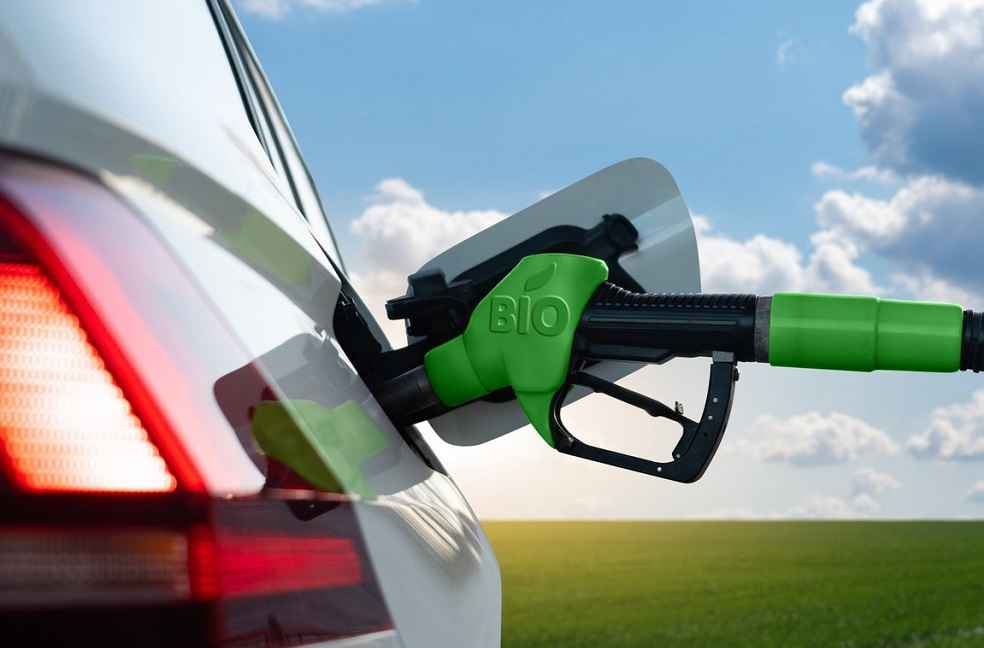Union Minister for Road Transport and Highways, Nitin Gadkari, expressed confidence that India’s automobile industry will become the largest in the world within five years, citing remarkable growth and ambitious reforms.
Addressing the Amazon Smbhav Summit on Tuesday, Gadkari shared the industry’s progress under his tenure, highlighting its growth from ₹7 lakh crore to ₹22 lakh crore. “Currently, the USA leads with a market size of Rs 78 lakh crore, followed by China at Rs 47 lakh crore. India, now at Rs 22 lakh crore, has significant potential,” Gadkari stated, adding, “I am confident that within 5 years, India will be the number one automobile market in the world,” he stated.

The minister noted the increasing presence of leading global automobile brands in India as evidence of the country’s rising prominence in the sector. He also outlined the government’s plans to enhance logistics efficiency, targeting a reduction in logistics costs to 9% of GDP within two years. “Logistics costs in India currently stand at 16 per cent, while in China it is 8 per cent, and in the USA and Europe, it is around 12 per cent. The government has set a target to reduce logistics costs, and within 2 years, we aim to bring it down to 9 per cent,” he remarked.
Gadkari highlighted transformative infrastructure projects aimed at drastically reducing travel times between major cities. He revealed that by January 2025, the Delhi to Dehradun journey will take just two hours, a sharp reduction from the current nine hours. He also projected significant travel time reductions between Delhi and Mumbai, as well as Chennai and Bengaluru.

In addition to infrastructure, Gadkari stressed the importance of adopting alternative fuels and biofuels to enhance sustainability. He encouraged the use of bio-ethanol in vehicles, which could reduce both fuel costs and pollution. Expanding on sustainable practices, he unveiled plans to convert municipal waste into hydrogen fuel and other recyclable resources.
He explained that advanced recycling technologies would enable the extraction of valuable materials like petrol, plastic, metals, and glass from organic waste. “Currently, only 80 lakh tons of waste are utilized. Our vision is to convert organic waste into hydrogen. By segregating waste, we can extract petrol, plastic, metals, and glass, which can all be recycled. Additionally, we have technology that can convert waste into green hydrogen,” he added.
TRENDING | BYD Nears 2024 Sales Milestone, Challenges Global Auto Giants





